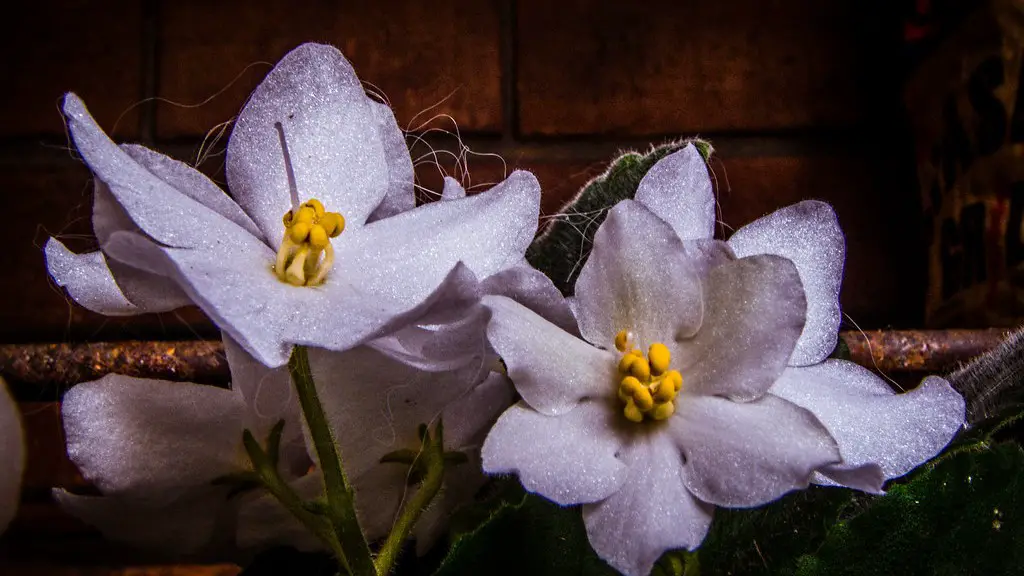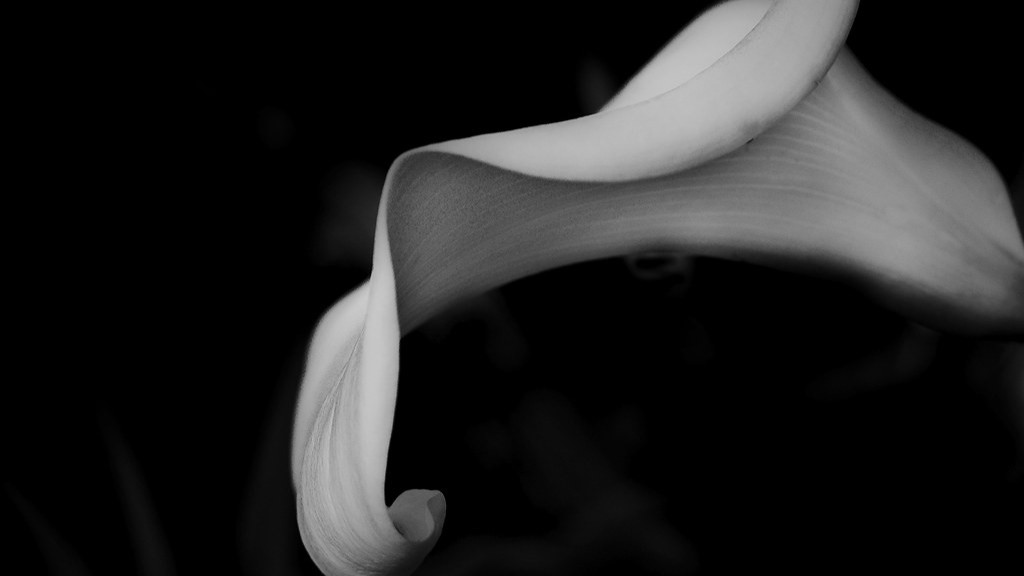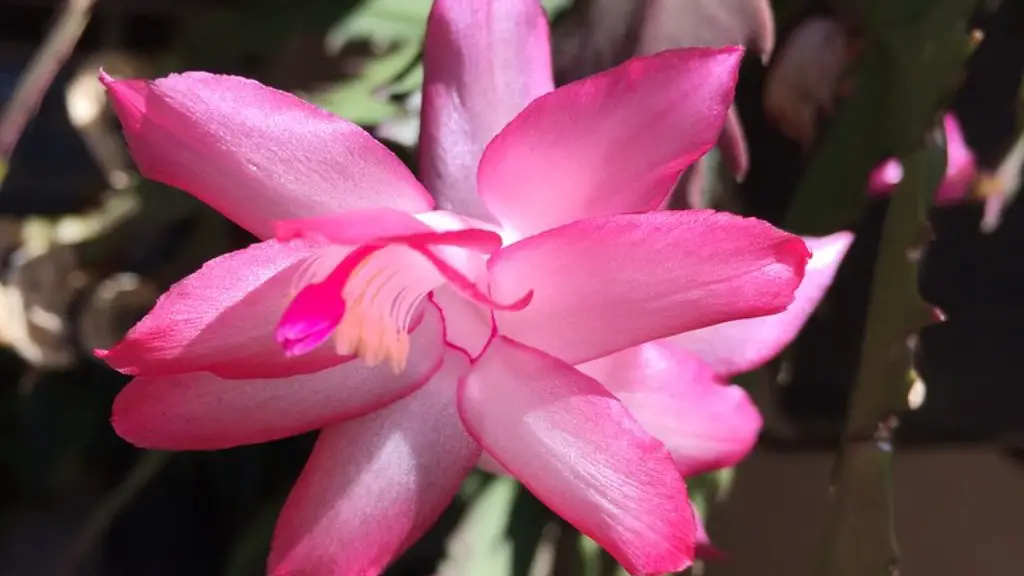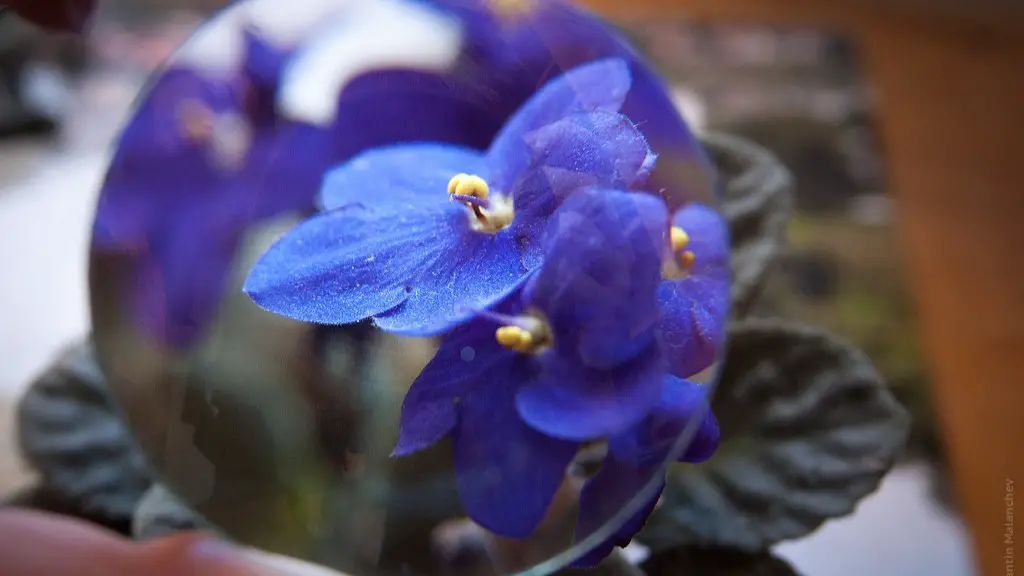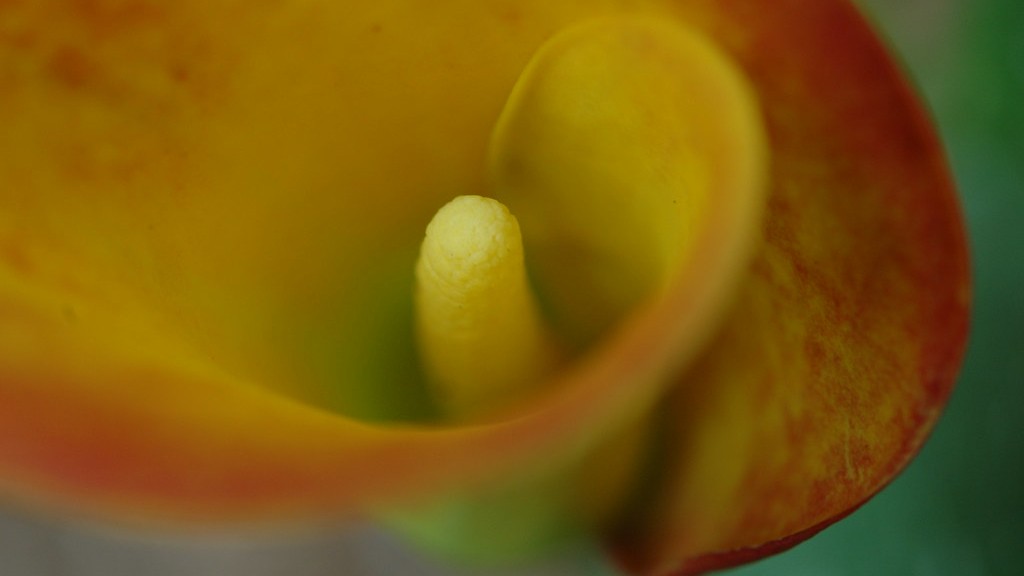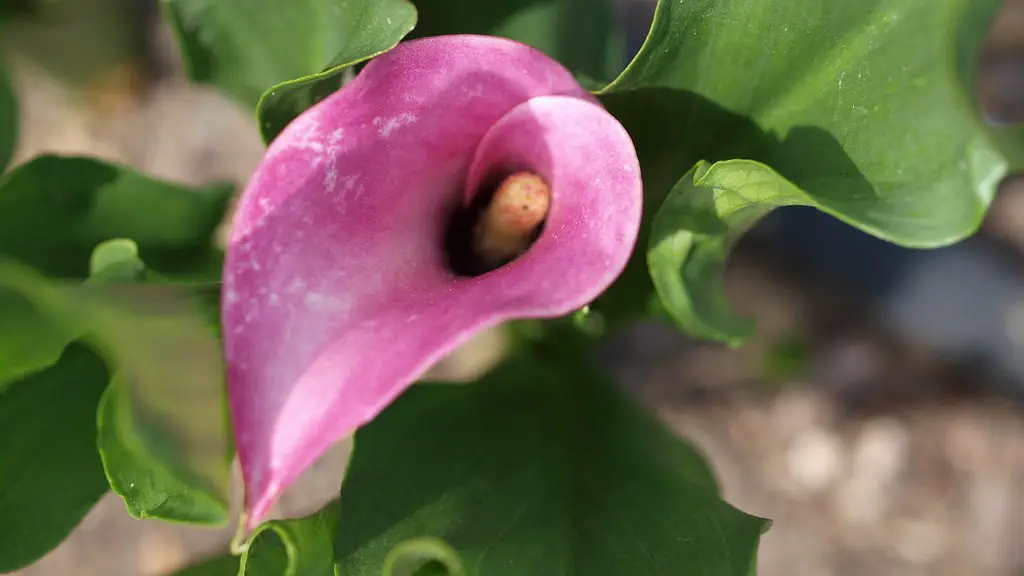To have a successful African violet (Saintpaulia ionantha) colony, you really only need two things: the right soil mix and the appropriate fertilizer. The African violet fertilizer you use is just as important as the soil mix itself.
To fertilize African violets, use a balanced fertilizer such as 20-20-20. Apply the fertilizer according to the package directions.
What fertilizer is best for African violets?
If you’re looking to fertilize your African violets, then you’ll want to find a fertilizer specifically designed for them. A good Violet Food should have approximately equal amounts of the primary nutrients, nitrogen (N), phosphorus (P) and potassium (K). This will help to ensure that your plants are getting the nutrients they need to stay healthy and bloom beautifully.
African violets are a type of plant that need fertilizer to stay healthy throughout the year. They should be fertilized once every 14 days during the spring and summer, but not at all during the fall and winter to prevent over-fertilizing.
Can you use Miracle Grow on African violets
African violets grow best in well-drained, slightly acidic soil Miracle-Gro® Indoor Potting Mix is specially formulated to provide indoor plants like African violets with just the right growing environment. This mix will help ensure your African violets have the nutrients they need to thrive indoors.
If your African violet isn’t blooming, don’t despair! There are a few simple things you can do to encourage it to bloom again.
First, make sure it is getting enough light. African violets need at least 12 hours of light per day, so if it isn’t getting enough light, that could be the problem.
Second, turn up the humidity. African violets like humid conditions, so try misting it daily or setting it on a pebble tray.
Third, replenish essential nutrients. African violets need regular fertilizing to bloom well. Use a fertilizer specially formulated for African violets and fertilize every two weeks.
Fourth, keep it pleasant. African violets are sensitive to temperature and drafts, so make sure it isn’t too hot or too cold and that it isn’t in a drafty spot.
Fifth, choose the right soil. African violets need a well-draining, yet moisture-retentive soil. You can either use a commercial African violet potting mix or make your own by mixing two parts peat moss to one part perlite.
Sixth, protect from pests and disease
What does Epsom salt do for African violets?
Epsom salts are a great way to provide plants with essential magnesium and sulfur. Mix one and a half teaspoons of Epsom salts in a quart of tepid water and swirl to dissolve. Water your African violets (below the leaves) with this solution once a month.
If you are growing amaryllis indoors, they prefer bright, indirect sun. Too little sunlight causes them to stretch for the light and produce few or no flowers; too much sun can burn the leaves. An east-facing window is ideal, especially with a sheer curtain to block the sun’s harshest rays. They also need eight hours of darkness every night.
Should I mist my African violets?
When watering your African violet, be careful not to mist the foliage as this can cause permanent leaf spotting. Use room temperature water and water the plant at the base, rather than from above, to avoid saturating the crown and causing crown rot.
African violets are a type of plant that can be watered from the top or bottom without any issues. It is, however, important to use lukewarm or warm water instead of cold water. If you water African violets from the top, be careful not to splash water onto the leaves when the plant is in direct sunlight. Doing so could cause leaf spots.
Can I pour coffee on my plants
If you have coffee left in your carafe, don’t pour it down the drain! You can use it to fertilize your plants instead. Coffee grounds are a source of nitrogen for plants, which helps produce healthy green growth and strong stems. So next time you have some leftover coffee, don’t throw it out – your plants will appreciate it!
Coffee grounds are slightly acidic, which can be good for African violets as it helps them grow healthy foliage. Occasionally sprinkling used coffee grounds on top of your African violet potting soil can give the plant a boost.
How many years do African violets live?
It’s so important to repot African violets every few years because they can live such long lives! In fact, some have been known to last up to 50 years with proper care. So if you want your African violets to stick around for a while, make sure to give them the TLC they deserve.
If you are forgetful or busy, then setting up a wicking system for your African violets is a great way to make sure they are never over watered. With this system, you only need to water the plant once a week and the plant will be able to completely dry out between waterings.
What are the secrets to great African violets
African violets need indirect sunlight to thrive. Direct sunlight can actually burn the leaves, so it’s best to choose a north- or east- facing window for your African violet. You should also keep the plant away from cold glass, and rotate the pot once a week so all leaves have a chance to receive light. During winter months, you can extend the daylight hours for your African violet by placing it under a grow light.
If powdery mildew on African violets doesn’t improve, try spraying the plants lightly with a mixture of 1 teaspoon (5 ml) of baking soda in 1 quart (1 L) of water. You can also spray the air around the plant with Lysol or another household disinfectant but be careful not to get too much spray on the leaves.
What month do violets bloom?
Some people consider wild violets to be a lovely decorative plant for gardens and landscaping, while others consider them to be a bothersome weed because they display an aggressive behaviour that is very hard to control.
Epsom salt is a great way to improve the health of your potted plants! Simply dissolve two tablespoons of Epsom salt per gallon of water, and substitute this solution for normal watering once a month. Your plants will thank you for the extra magnesium and sulfate!
Conclusion
The best way to fertilize African violets is to use a water-soluble fertilizer that is specially formulated for them. You can find these at most garden stores or online. Be sure to dilute the fertilizer according to the package directions, as African violets are very sensitive to over-fertilization. Apply the fertilizer to the soil, not the leaves, and water the plant as usual.
In order to fertilize African violets, you will need to purchase a fertilizer that is high in phosphorus. You will also need to make sure that the fertilizer is diluted to half strength, as African violets are delicate plants. Once you have diluted the fertilizer, you will need to water your African violets with it once a week.
